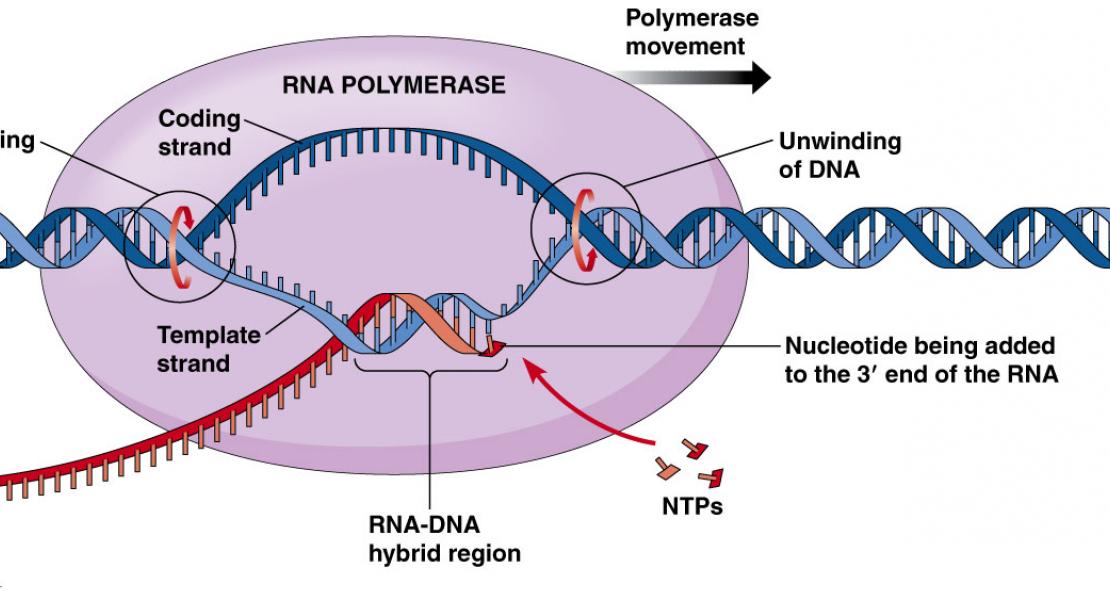Sperm tsRNAs contribute to intergenerational inheritance of an acquired metabolic disorder

Abstract
Increasing evidence indicates that metabolic disorders in offspring can result from the father’s diet, but the mechanism remains unclear. In a paternal mouse model given a high-fat diet (HFD), we showed that a subset of sperm transfer RNA–derived small RNAs (tsRNAs), mainly from 5′ transfer RNA halves and ranging in size from 30 to 34 nucleotides, exhibited changes in expression profiles and RNA modifications. Injection of sperm tsRNA fractions from HFD males into normal zygotes generated metabolic disorders in the F1 offspring and altered gene expression of metabolic pathways in early embryos and islets of F1 offspring, which was unrelated to DNA methylation at CpG-enriched regions. Hence, sperm tsRNAs represent a paternal epigenetic factor that may mediate intergenerational inheritance of diet-induced metabolic disorders.
